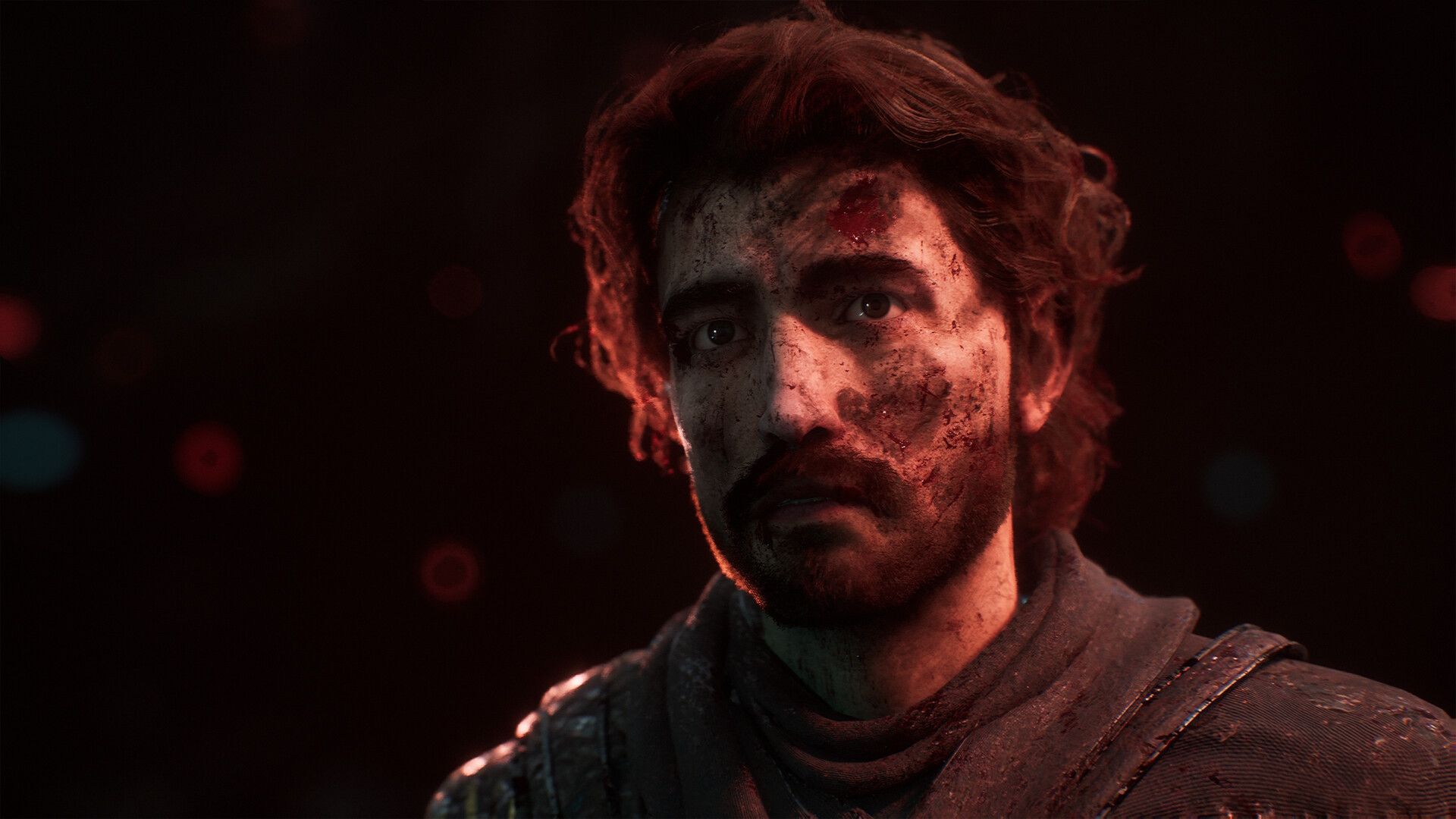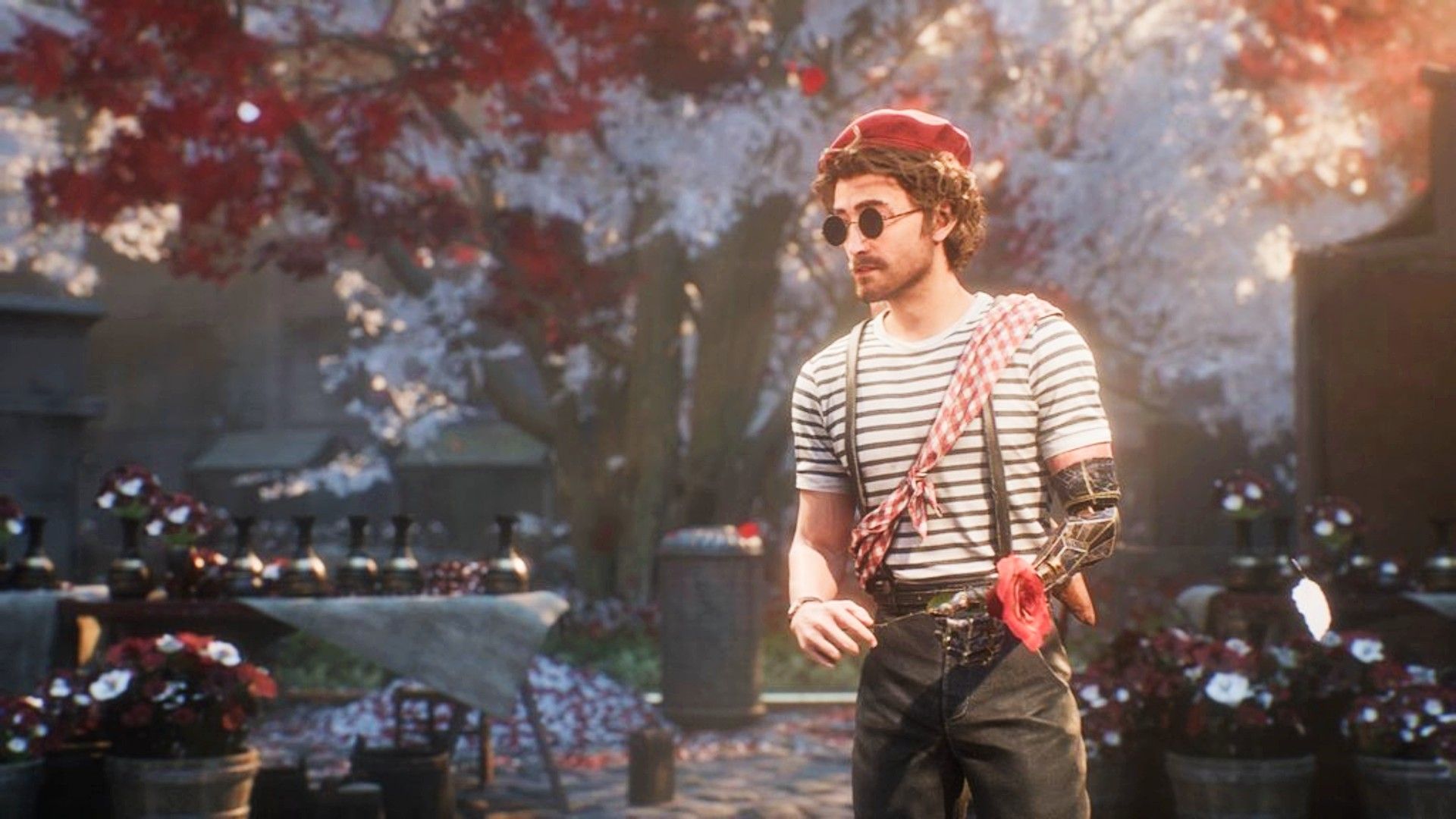/cdn.vox-cdn.com/uploads/chorus_image/image/72028198/Starfinder.0.jpeg)
Image: Paizo
With the unexpected increase of inexpensive, simple AI art as well as message generators transforming just how various imaginative areas approach their service, ethical and legal questions about the use of computer-generated work are coming to be much more typical as well as warmed. RPG author Paizo, developer of Pathfinder as well as Starfinder, took a hardline position versus AI-generated job, with blog posts on social media sites and the company’s blog devoting to “the work of human professionals” as well as assuring a legal restriction on AI-generated art as well as message.
There have actually been lots of inquiries concerning the future of AI art as well as message within the TTRPG market. The brief solution is: Paizo stands with musicians as well as authors. pic.twitter.com/7G0Xj3HvuH
— Paizo (@paizo) March 1, 2023
Paizo, which in 2021 ended up being the first tabletop role-playing game company to unionize, has actually formerly taken creator-oriented positions, consisting of committing to a legal battle for the Open Game License (OGL) that made Pathfinder as well as lots of various other Dungeons & Dragons-influenced games feasible, as well as assuring to aid develop as well as sustain an open-source “system-agnostic license” that might change the OGL if Dungeons & Dragons proprietor Wizards of the Coast alters the certificate.
In the brand-new blog posts, Paizo specifies that it’s transforming its agreements to include language making certain all web content is developed by human beings instead of equipments, which it prepares to prohibit AI-generated job from its area industries also.
Over the last couple of months, the globe has actually seen a significant rise in rate of interest, usage, as well as high quality of algorithm-generated images as well as message. Since we introduced the firm in 2002, Paizo has actually made its online reputation with the help of many standard musicians as well as authors, that are equally as important to the success of our games as our internal editors, art supervisors, developers, as well as programmers. The honest as well as lawful concerns bordering “AI art” as well as creating timely programs—as well as the significant risk they posture to the source of incomes of companions that have actually assisted us reach where we are today as a business—need that we take a solid setting versus using this modern technology in Paizo items.
In the coming days, Paizo will certainly include brand-new language to its imaginative agreements that specify that all job sent to us for magazine be developed by a human. We will certainly better include support to our Pathfinder as well as Starfinder Infinite program Frequently asked questions making clear that AI-generated web content is not allowed on either area web content industry.
Our consumers anticipate a human touch to our launches, therefore long as the honest as well as lawful scenarios bordering these programs continues to be dirty as well as undefined, we hesitate to connect our brand names with the modern technology at all.
Stated clearly—when you get a Paizo item, you can be certain that it is the job of human experts that have actually invested years refining their craft to create the very best job we can. Paizo will certainly not make use of AI-generated “creative” job of any type of kind for the direct future.
We give thanks to the human musicians as well as authors that have actually been so important to our success in the past, as well as we anticipate dealing with them for years to find.
The issue of discovering AI-created art as well as message still continues to be, together with the problem of moderating a flood of new AI-generated content. For the minute, the Paizo declaration is much more concerning intent as well as developers’ legal rights than concerning implementation. But offered the discussions currently being had concerning how easy it is to mimic human artists’ signature creative styles with AI, appearing of eviction with a solid, certain plan sends out a purposeful message that firms are most likely to use up also in the future.
Source: Polygon


